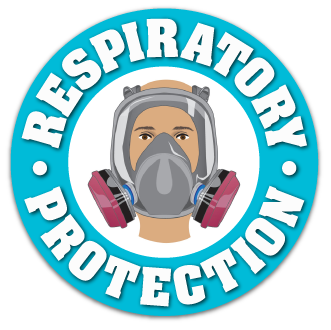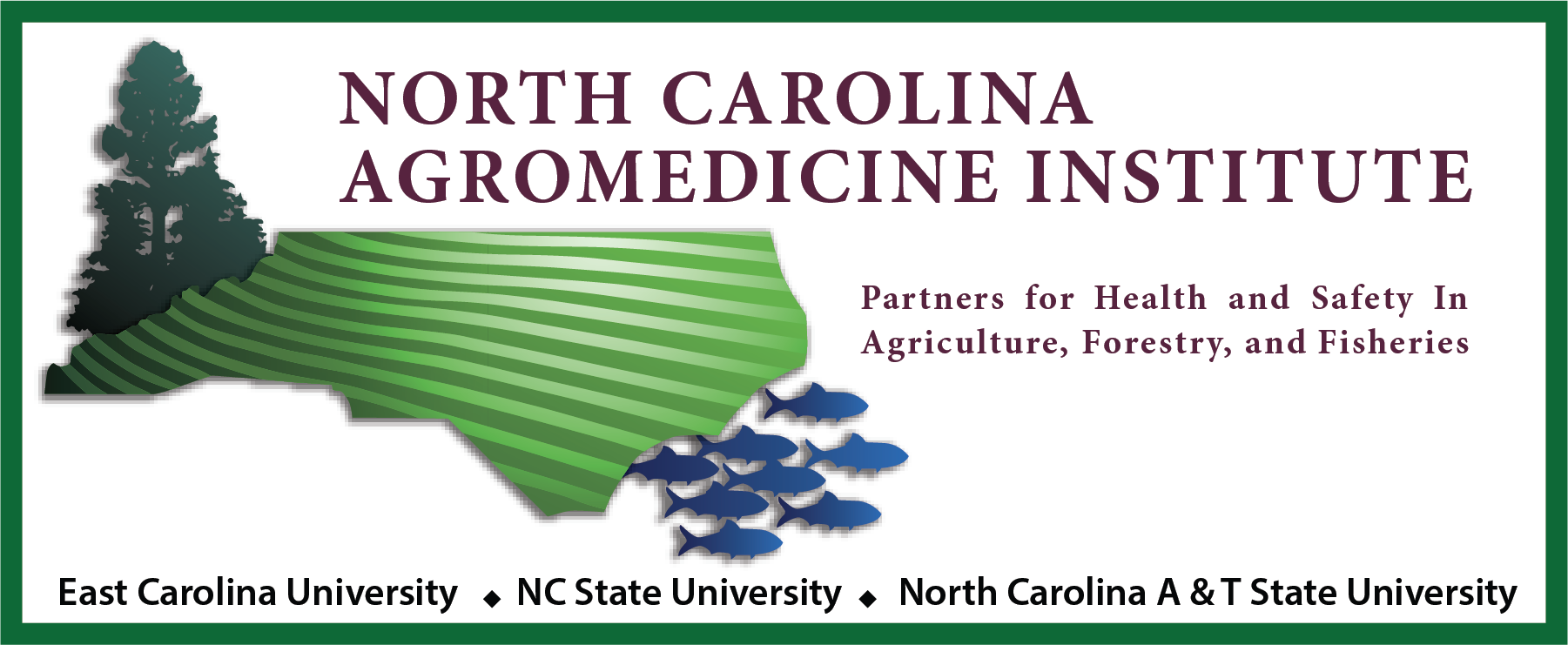
Respiratory Protection
Individuals working in agriculture are exposed to many different respiratory hazards – dust, chemicals, animal dander, microorganisms, organic matter, mold, diesel fumes and more.
As a result, respiratory disease is the leading illness among farmers. Let us help you protect your respiratory health and comply with respiratory protection regulations.
The Respiratory Protection Program is made possible with support from the North Carolina Tobacco Trust Fund Commission and the North Carolina Pesticide Environmental Trust Fund.

Logo designed by InTandem, Inc.
Compliance
To understand the necessary steps to comply with the Environmental Protection Agency’s Worker Protection Standard (WPS), consult the Respiratory Protection Compliance Checklist for North Carolina .
Unsure if your establishment is subject to the WPS?
For a detailed overview, visit the EPA’s Agricultural Worker Protection Standard page.
For specific WPS respiratory protection requirements, view the WPS Respiratory Protection Requirements document.
To access the filtering facepiece and respirator cartridge change schedule, refer to the Respirator Change-Out Schedule guide.
For an example of a Change Log, refer to the Respirator Cartridge or Filtering Facepiece Change Log example .
To learn about compliance with the Occupational Health and Safety Administration’s (OSHA) Respiratory Standard, visit the OSHA Respiratory Standard overview page.
Not sure if you’re subject to OSHA regulations? For more information, explore the OSHA New Businesses Fact Sheet, or contact the NC Department of Labor’s Agricultural Safety and Health Bureau or call 1-800-625-2267.
If your operation requires respirators, you will need to develop a written Respiratory Protection Plan for Required Use, available for download as a Required Use Respirator Program Template. If respirators are used voluntarily by employees, develop a written Respiratory Protection Program for Voluntary Use, accessible as a voluntary use Respirator Program Template.
Inventory
Medical Clearance
Medical clearance is required prior to completing a respirator fit test by the US EPA for individuals subject to Risk Mitigation Measures for Soil Fumigants and the Worker Protection Standard and by the Occupational Safety and Health Administration when respirators are required by agricultural operations having more than 10 full-time employees. Although medical clearance is not required for other respirator use in agriculture, it is highly recommended.
- Options for Completing Medical Clearance
- OSHA Respirator Medical Evaluation Questionnaire
- Cuestionario de Evaluación Médico obligado por la OSHA
- Respirator Medical Evaluation Guidance for Healthcare Providers
- Respirator Medical Clearance: Physician’s Written Opinion
- When to Repeat Medical Clearance
On-line training for healthcare providers on how to complete a respirator medical evaluation can be found at ASHCE: Respirator Medical Evaluation (gahec.org) .
